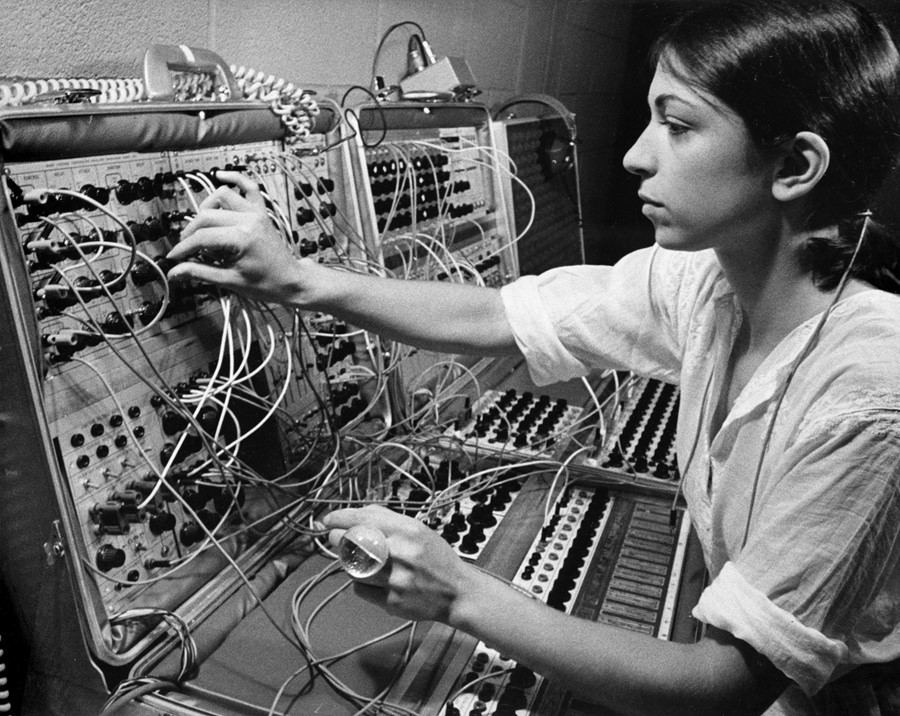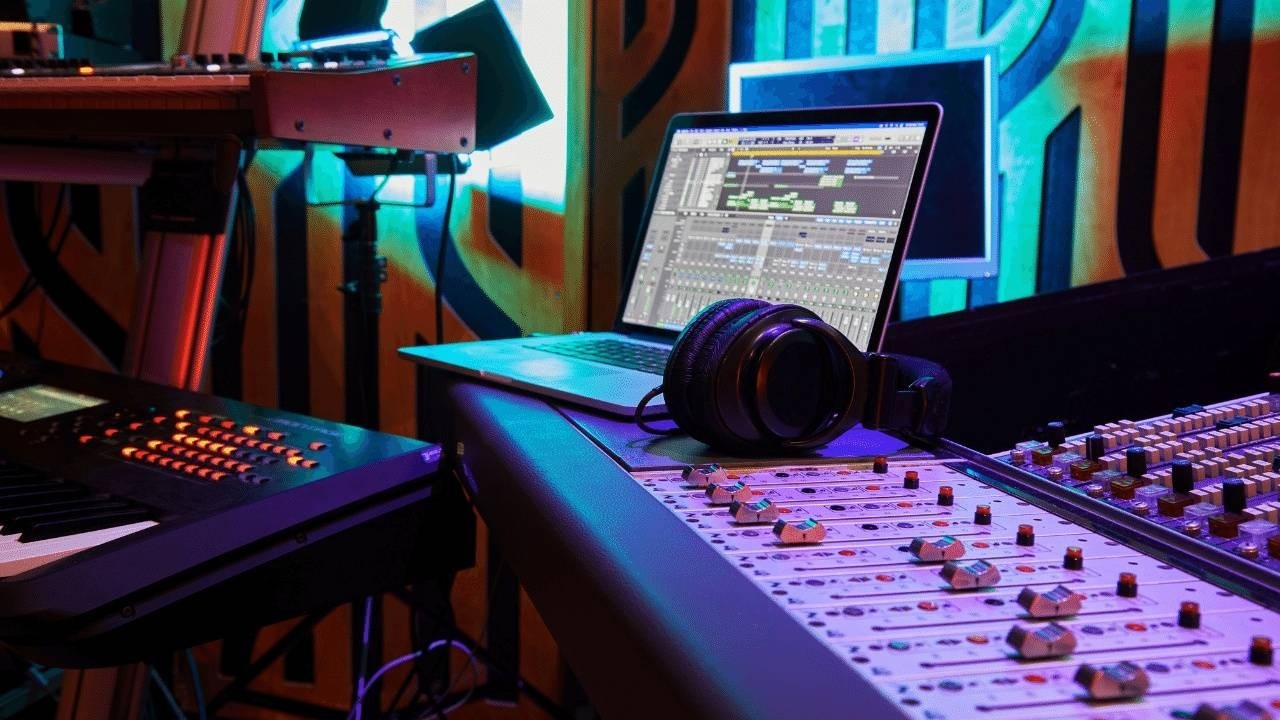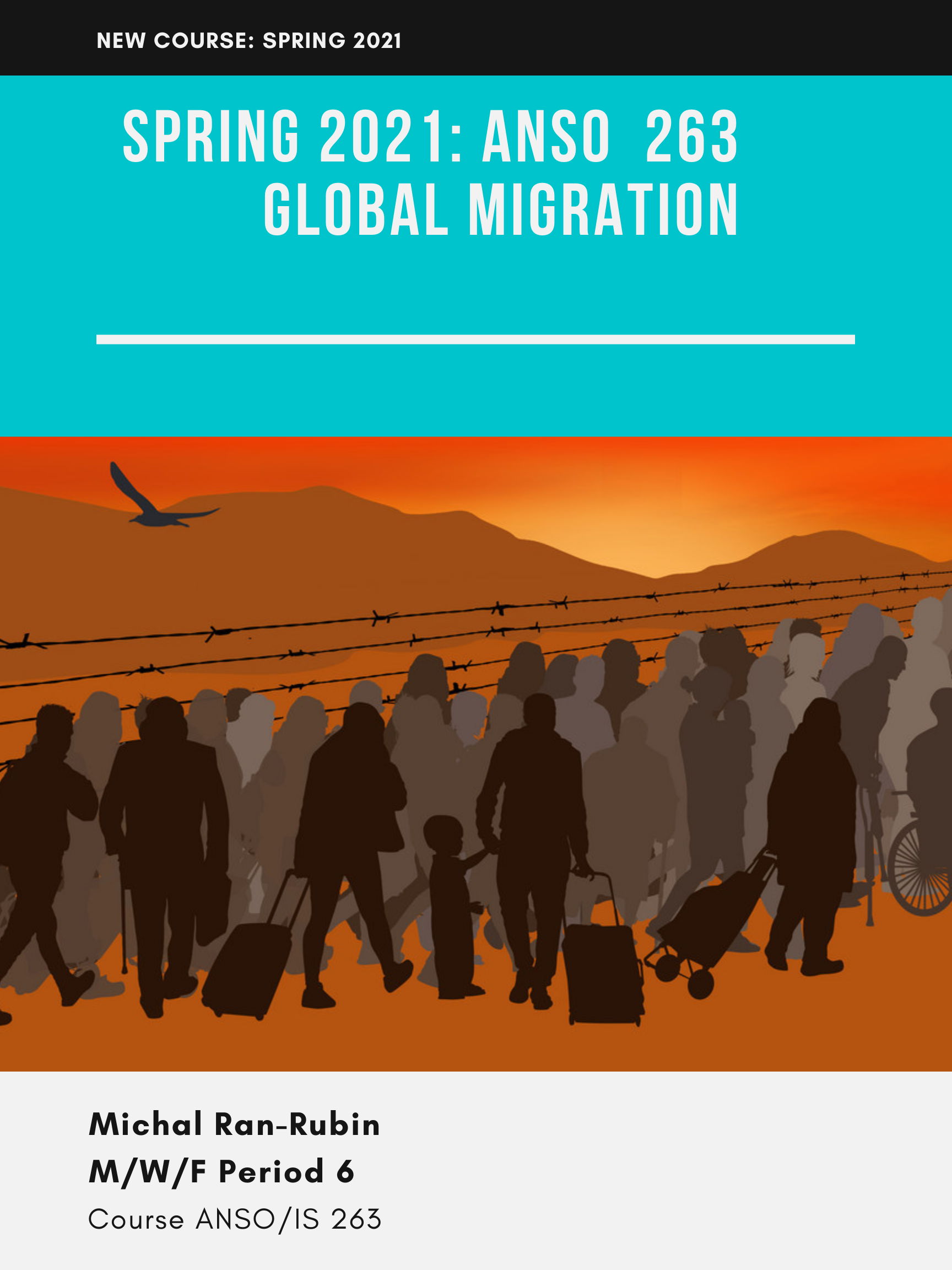- Teacher: Nick Regiacorte
Search results: 80
- Teacher: Julio Noriega
This course will review models, etiology, assessment, and intervention for various developmental and acquired disabilities. This course is organized through a lifespan developmental approach beginning with etiology diagnosis and moving through early intervention, special education, dating and sexuality, vocation, community involvement, and healthcare. Specific disabilities will be examined through a biopsychosocial lens. Autism spectrum disorder, AD/HD, intellectual disability, learning disabilities, traumatic brain injury, spinal cord injury, acquired blindness, and related conditions will be covered.
- Teacher: Arianna Timko
- Teacher: Petko Kitanov
The transformation of sound into digital data has profoundly affected the creation, production and distribution of music. With the vast majority of music now mediated by some form of digitization, it has shaped even our most basic modes of listening. This course grapples with the implications of this technology, its history, and its broad range of uses and tools. In doing so, students will utilize the Knox Electronic Music Studio to explore the foundational techniques of audio production, synthesis, sampling, podcasting, film scoring, and interactive software development.

- Teacher: Pierce Gradone

- Teacher: Eric Lemmon

- Teacher: Eric Lemmon
This course will introduce the three major philosophical systems of East Asian thought: Confucianism, Daoism, and Buddhism through their canonical texts. This historical approach will be supplemented by contemporary readings in each tradition. When taught as a component of the Japan Term, this course will pay special attention to the development of Japanese Buddhism, specifically Pure Land Buddhism (Amida Buddhism), Esoteric Buddhism (Shingon Buddhism) and Zen Buddhism (Soto and Rinzai).
- Teacher: Bill Young
- Teacher: Moheb Zidan
Many of us are attracted to science because of the wonder of discovery and the (supposed) purity of the pursuit of knowledge. In this course we will wrestle with some of challenging questions that arise in the practice of science.
- Teacher: Judy Thorn

- Teacher: Lexie Vernon
- Teacher: Petko Kitanov
Our technological prowess has opened vistas for humanity to dream bigger, or perhaps it has simply revealed the cosmically (comically?) short timeframe of human existence and hence led us to imagine new ways for that existence to end. Extinction or evolution, one way or the other humanity is poised for transition. Will climate change force us to colonize other planets? Will we merge with machines by adding cyborg implants or, more radically, uploading our minds into robotic bodies?
The fear of human extinction and the promise of radical salvation through technology intertwine in a religious worldview unique to the contemporary world. We will explore this worldview and discuss the political and social implications of transferring our religious impulses and hope of salvation into technological forecasting.

- Teacher: Robert Geraci
In recent years, profound changes in the global economy, climate change, and transnational politics have culminated in large movements of people in almost every region. This course examines how people experience displacement, migration, and statelessness; how home, community and belonging are reconstituted both in exile and through the making of diaspora communities. We will also pursue related questions about how international laws, national policies, and practices of social exclusion or inclusion influence the broader context of migration. How do population movements affect politics at the international, regional, and local levels – and vice versa? In what ways are relations of kinship, family, and gender being reformulated in response to transnational movements? Reading materials will include ethnographic studies of migrant and diaspora communities, policy reports on the international refugee regime, literary works produced by migrant authors, and a sampling of mainstream media reporting on immigration in the US and around the globe.

- Teacher: Julio Noriega
- Teacher: Tom Clayton
